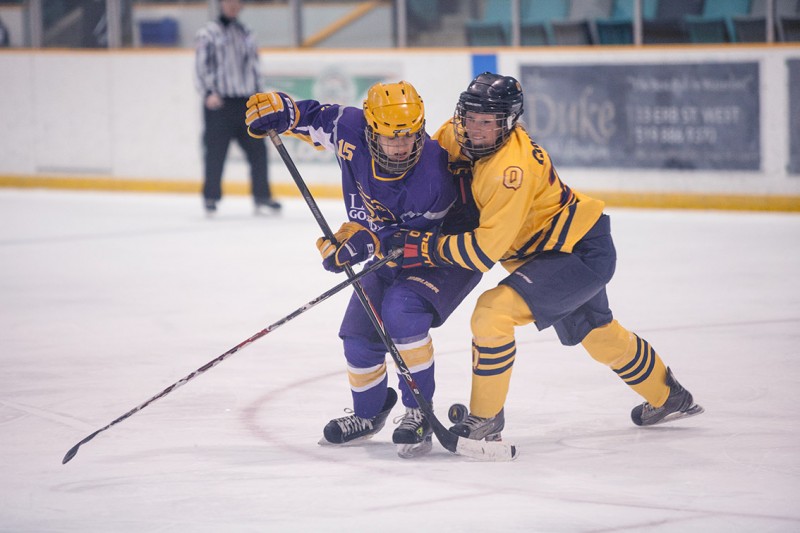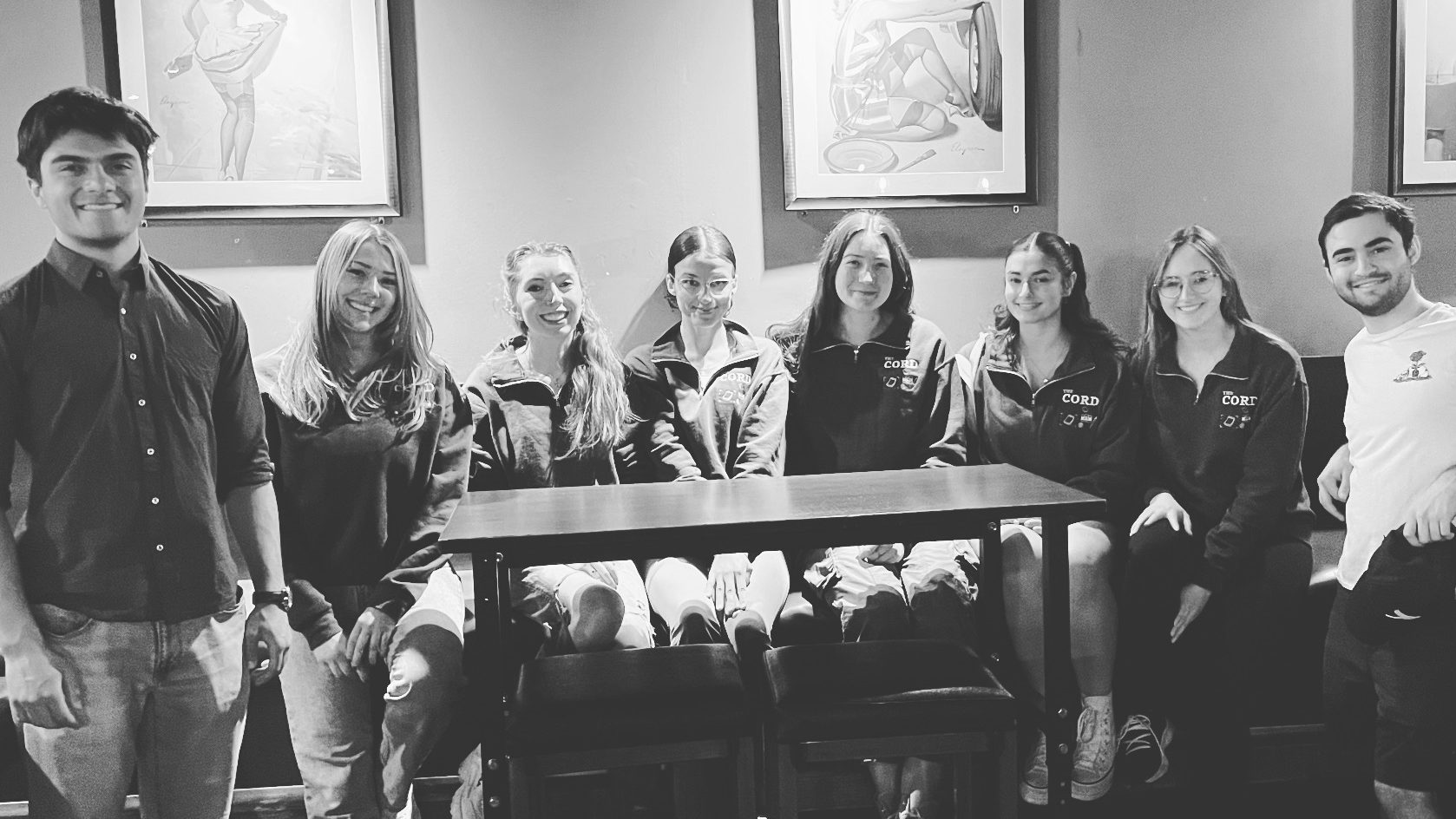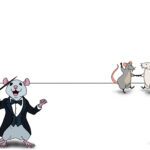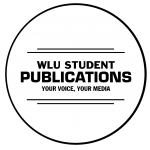
The 2020 sports year has been dominated by cancellations, postponements and resulting adjustments. Junior hockey leagues across Canada have taken different approaches to each of their leagues return-to-play initiatives, however the mandate in Ontario is one that sticks out.
The OHL, under the direction of Lisa MacLeod, the Ontario Minister of Heritage, Tourism, Sport and Culture Industries have been told to conduct their season without any physical contact.
The move by MacLeod and the provincial government is certainly noteworthy as it would outlaw bodychecking during in-game competition.
“I’ve only seen what has been reported but I just can’t see hockey without some sort of contact,” Golden Hawks men’s hockey coach, Greg Puhalski said.
The OHL is one of three major junior hockey leagues in the country along with the Western Hockey League (WHL) and the Quebec Major Junior Hockey League (QMJHL). The three together form the Canadian Hockey League (CHL), which is just a step above, USPORTS, the OUA and university competition.
The OHL, following the suspension of their 2020 playoffs and the annual Memorial Cup, were focused on a return to the ice for Dec. 1;, however, they had to push that back and announced their intentions to begin the season in the new year, on Feb. 4.
The league was already behind the two other leagues, as the WHL have announced plans to begin their season the first week of January and the QMJHL started competition last month. Not without difficulty however as the QMJHL has halted play more than once already this season and continues to cancel games as teams battle coronavirus outbreaks.
While many of the professional leagues face immense pressure to return to the ice, the OUA and USPORTS hockey as a whole went in a different route, deciding to cancel the 2020-21 season outright last month.
University sports and the student-athletes involved of course differ from some of the situations that the OHL and other professional leagues face, however the OUA decision was not devoid of criticism either.
The OHL faces many questions and the mandate announced by the Ford government adds to the list. The elimination of body checking to the game of hockey raises obvious questions to the quality of the game but more importantly the development of the players.
The announcement by MacLeod which remains under dispute by the OHL has a number of coaches pointing to the adverse effects of no contact.
The announcement also leaves an uncertain future for the OUA and the Laurier Golden Hawks hockey teams for when the OUA does return to the ice. Given the outright cancellation this year, the OUA has shifted all of their focus to a safe return to competition next fall and Coach Puhalski is sure they will be able to get it right.
“It’s just not hockey,” Coach Puhalski said. “I believe that the OUA will focus on a plan to safely return.”
Coaches and players alike who have played hockey know that it is not a black and white issue. Simply eliminating contact can sound good — many people have argued against fights in hockey and body checking for years — however the removal of what has been a core aspect of hockey for decades would certainly change the game.
Many people believe in a negative manner as younger players will skate differently not having tooto anticipate a hit and additionally, lose a step on other younger players who play in leagues where body checking continues to be the norm, such as the WHL and QMJHL.
Coach Puhalski falls in line with that mindset as does the OHL. In a statement put out by the league, they stated that the matter was yet to be resolved and had “no comment” in regard to the announcement by MacLeod.
The matter continues to be under dispute, however, MacLeod has remained committed to her initial announcement, which leaves an uncertain future for OUA and USPORTS hockey.







Leave a Reply
You must be logged in to post a comment.